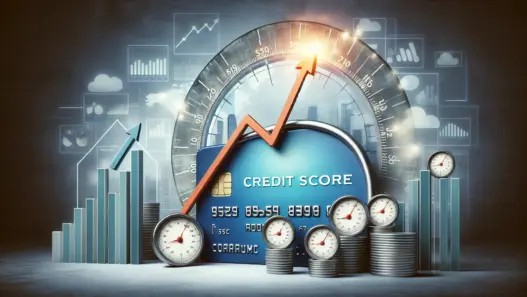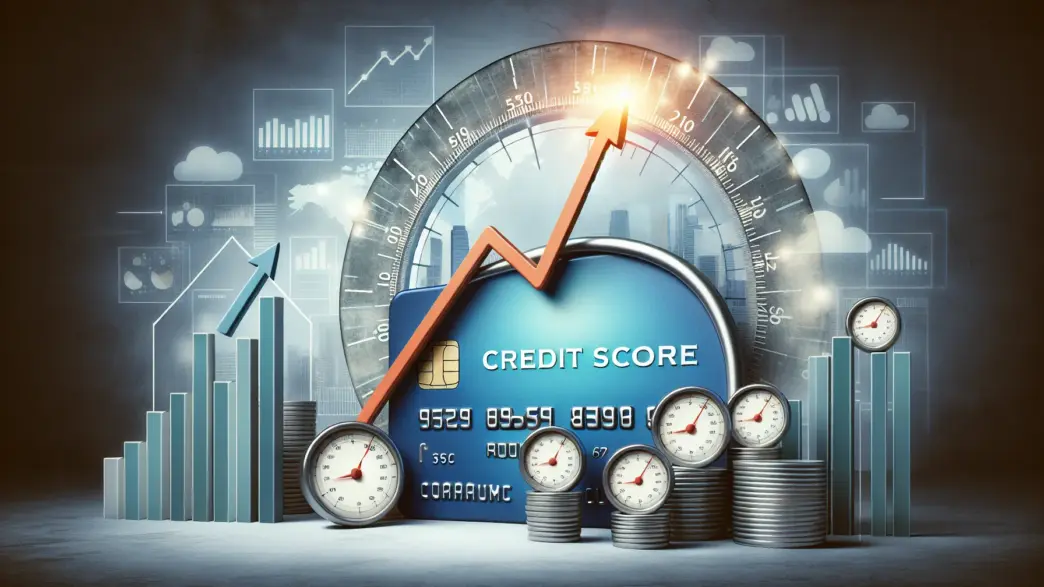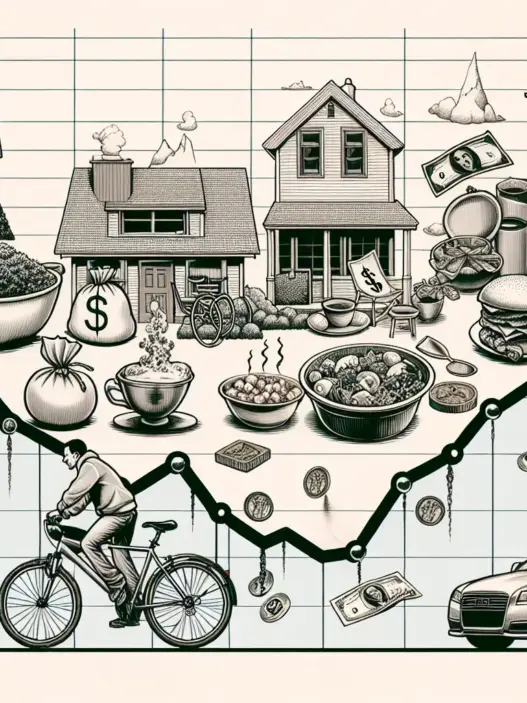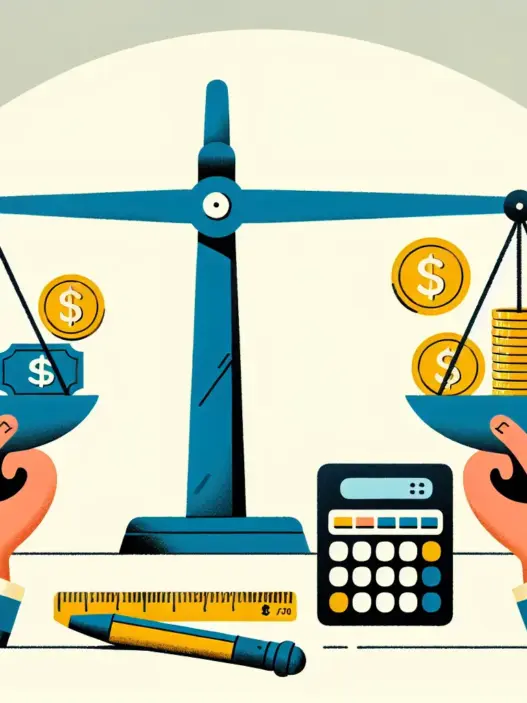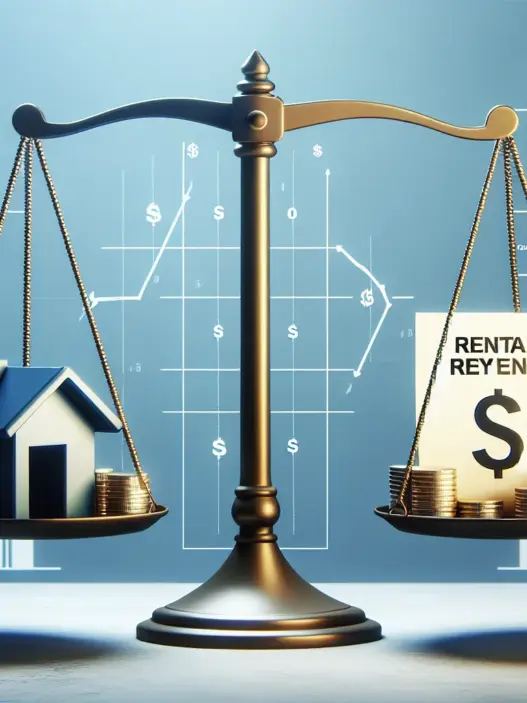Credit cards can be powerful tools for improving your credit score when used wisely. A good credit score is essential for personal finance and can open doors to better loan terms, lower interest rates, and increased financial opportunities. In this article, we’ll explore ten proven strategies to help you boost your credit score using credit cards.
Understanding Your Credit Score
Before diving into strategies, it’s crucial to understand what makes up your credit score. Your credit score is calculated based on several factors, including payment history, credit utilization, length of credit history, types of credit accounts, and recent credit inquiries. By focusing on these areas, you can effectively improve your credit score over time.
1: Pay Your Bills on Time
Consistently paying your credit card bills on time is the most important factor in boosting your credit score. Late payments can significantly damage your credit score and stay on your credit report for up to seven years. Set up automatic payments or reminders to ensure you never miss a due date. This simple habit can have a substantial positive impact on your credit score over time.
2: Keep Your Credit Utilization Low
Credit utilization refers to the amount of credit you’re using compared to your credit limits. Aim to keep your credit utilization below 30% on each card and across all your cards combined. For example, if you have a $10,000 credit limit, try to keep your balance below $3,000. Lower credit utilization demonstrates responsible credit management and can positively influence your credit score.
3: Use Multiple Credit Cards Wisely
Having multiple credit cards can be beneficial if managed correctly. It can increase your overall credit limit, potentially lowering your credit utilization ratio. However, it’s crucial to use each card responsibly and avoid overspending. Consider using different cards for specific purposes, such as one for everyday purchases and another for larger expenses or emergencies.
4: Keep Old Credit Cards Active
The length of your credit history plays a role in your credit score. Keeping older credit cards active, even if you don’t use them frequently, can help maintain a longer credit history. Make small purchases on these cards occasionally and pay them off immediately to keep the accounts active and in good standing.
5: Monitor Your Credit Report Regularly
Regularly checking your credit report allows you to spot errors or fraudulent activities that could be negatively impacting your credit score. You’re entitled to one free credit report from each of the three major credit bureaus annually. Review these reports carefully and dispute any inaccuracies you find. Rapid rescoring can be a useful tool to quickly update your credit report after resolving errors.
6: Avoid Applying for Too Many New Cards
While having multiple cards can be beneficial, applying for too many new cards in a short period can hurt your credit score. Each application typically results in a hard inquiry on your credit report, which can temporarily lower your score. Be strategic about when and how often you apply for new credit cards to minimize the impact on your credit score.
7: Consider a Secured Credit Card
If you’re struggling to qualify for a traditional credit card due to a low credit score, a secured credit card can be an excellent option. These cards require a cash deposit that serves as collateral and often have lower credit limits. Using a secured card responsibly can help you build or rebuild your credit history over time.
8: Become an Authorized User
Becoming an authorized user on someone else’s credit card account can potentially boost your credit score. When you’re added as an authorized user, the account’s payment history may be reported on your credit report. However, make sure the primary account holder has a good payment history and low credit utilization to benefit from this strategy.
9: Mix Up Your Credit Types
Having a mix of different types of credit accounts can positively impact your credit score. While credit cards are revolving credit, consider adding installment loans, such as a car loan or personal loan, to diversify your credit mix. However, only take on new credit if you genuinely need it and can manage the payments responsibly.
10: Be Patient and Consistent
Improving your credit score takes time and consistent effort. There’s no quick fix to boost your score overnight. Focus on implementing these strategies consistently and be patient. Over time, you should see improvements in your credit score. Remember, financial stability is a long-term goal that requires ongoing attention and good habits.
By implementing these ten strategies, you can effectively use credit cards to boost your credit score. Remember, responsible credit card use is key to improving your overall financial health. As you work on improving your credit score, consider exploring other aspects of personal finance, such as budgeting and saving for retirement, to create a comprehensive financial plan for your future.
Frequently Asked Questions
How long does it take to see improvements in my credit score?
Improvements in your credit score can take time, typically several months to a year. Consistent responsible credit behavior is key. You may see small improvements in a few months, but significant changes often take longer.
Can closing old credit cards help boost my credit score?
Closing old credit cards can actually hurt your credit score. It reduces your available credit, potentially increasing your credit utilization ratio, and shortens your credit history length. It’s generally better to keep old accounts open, even if you don’t use them frequently.
How often should I check my credit report?
You should check your credit report at least once a year. You’re entitled to one free report annually from each of the three major credit bureaus. However, monitoring your credit more frequently can help you catch errors or fraud quickly.
What’s the ideal credit utilization ratio for boosting my credit score?
The ideal credit utilization ratio is below 30%. This means using less than 30% of your available credit across all your cards. Lower utilization rates (around 10%) can be even more beneficial for your credit score.
Can applying for new credit cards hurt my credit score?
Yes, applying for new credit cards can temporarily lower your credit score due to hard inquiries on your credit report. However, the impact is usually small and short-lived. Be strategic about when and how often you apply for new cards to minimize the effect on your score.









